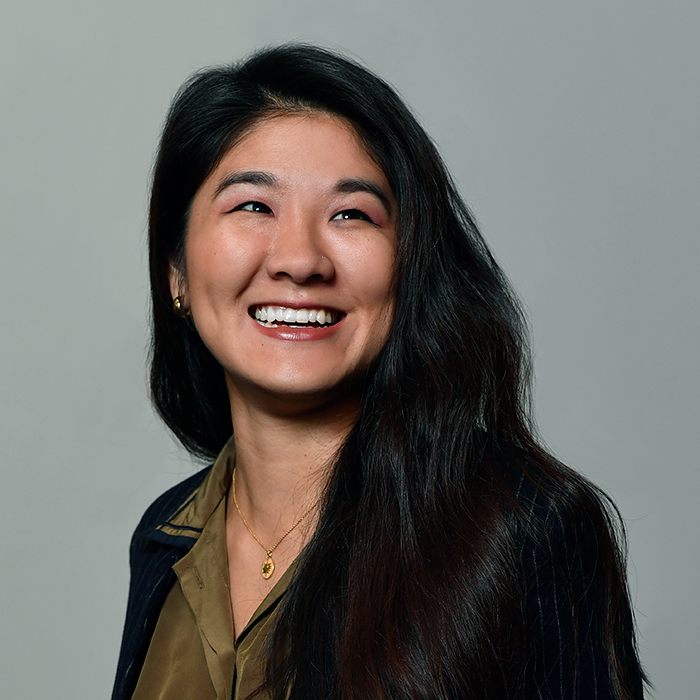3+ Year Master’s Student, A. Alfred Taubman College of Architecture + Urban Planning
Anna has applied her experience, education, and passion in many ways in her time here as a graduate student. She has worked on impact investing organizations for sustainable food, construction, and housing practices and innovations; Anna has done research with Poverty Solution around economic and social capital development; and has aided the Cities of Jackson and Hamtramck, Michigan around housing and planning strategies. Very impressive. But we want to share a particular anecdote that will help illustrate why Anna was selected for this award. At the height of public discourse surrounding the Black Lives Matter movement, Anna was an Events Director for Asian American Business Association and an Allyship Director for the Black Business Student Association within the Ross School of Business. Just a couple days after the Atlanta spa shootings, Anna put together an emergency listening session for the Asian American community, gathering together 180+ supportive student community members and creating an intentional and much-needed safe space for those in our community experiencing pain and loss.
Being your best DEI self: Think of a time when you were at your best at advancing diversity, equity, and inclusion. What happened? Who was there? Why did you feel at your best?
“I think diversity, equity, and inclusion is about the equitable involvement of all stakeholders, especially those who are historically underrepresented, in addition to the application of stakeholders’ thoughts, opinions, and lived experiences. I am currently building a developer community engagement toolkit. Through interviews with multifamily housing developers, city officials, community development finance institutions, and community members, I am creating a physical toolkit to facilitate successful community meetings and foster innovative community-centered design. My hope is that both developers and city officials could use the toolkit to assess the best options for development so that the built environment is a clear reflection of a community’s needs.
This project is community-driven at heart – through interviews with more than 20 stakeholders and through the support of professors, especially my advisor Kit McCullough. It is also a beautiful culmination of so much of the work and research experiences I’ve gained up to date since my undergraduate degree.”
In envisioning the future, how would you describe progress in the realm of diversity, equity, and inclusion? What might it look like?
“Progress in diversity, equity, and inclusion would take place in the form of safe spaces where individuals of different backgrounds could come together and talk about all sorts of life experiences and issues. For me, progress is having a physical environment for connections of different kinds to take place and for people to interact with and understand each other. I believe that the built environment is a primary mediator for diversity, equity, and inclusion, and I hope that, as a community, we continue to work towards building places where mediation can take place.”
What does it mean to you to be a recipient of the MLK Spirit Awards?
“It is an honor especially because my career was instigated by the Black Lives Matter protests in 2013 as well as my independent research on residential segregation. Long before I knew I’d be coming to Michigan for graduate school, one of the cities where I studied was Detroit. Being a nominee for the MLK Spirit Awards feels like a recognition of the career I’ve had for the past eight years and an alignment of life purpose and ambitions.”

